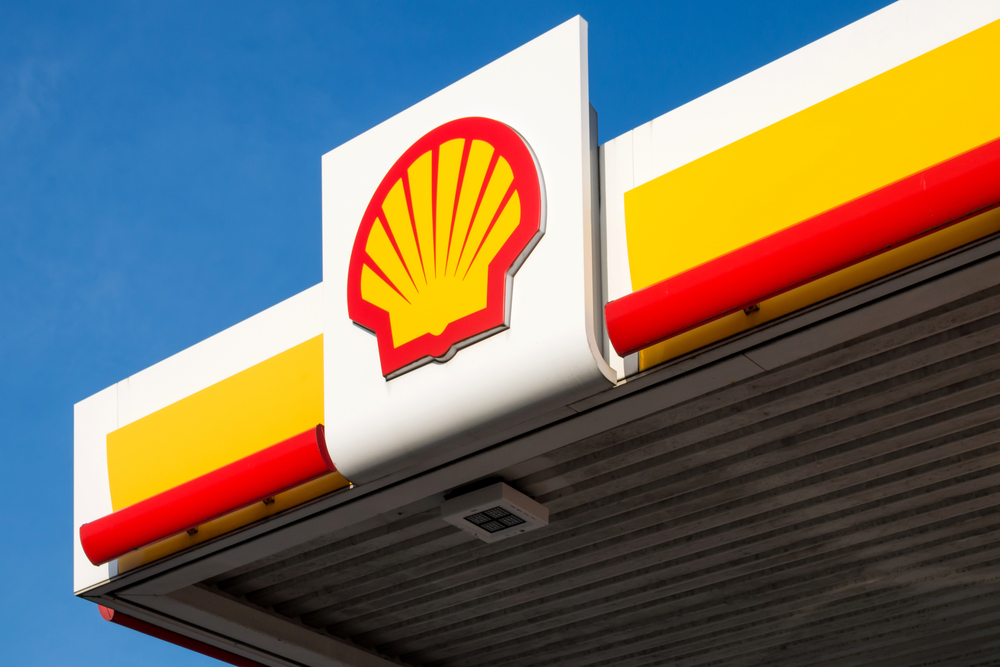A court order demanding Shell cuts its greenhouse gas emissions has “no legal basis”, says the oil giant, as it defends itself in a landmark case which could have broad repercussions for green campaigners in their fight against corporate giants.
In 2021, Shell was ordered to cut its carbon emissions by 45% by 2030 compared to 2019 levels, following a court case brought by campaign group Friends of the Earth Netherlands.
The cut is far larger than Shell’s existing plans to reduce its carbon intensity by between 15% to 20% by 2030.
But the oil and gas giant is pushing back against the ruling, saying the case has “no legal basis”, according to reports by Reuters.
“It obstructs the role that Shell can and wants to play in the energy transition,” Shell’s lawyer Daan Lunsingh Scheurleer told a court in The Hague on the opening day of Shell’s appeal against the order.
Shell’s lawyers also argued that it was the responsibility of governments to set climate policies and goals, adding that courts did not have the authority.
Subscribe to Sustainability Beat for free
Sign up here to get the latest sustainability news sent straight to your inbox every day
But Friends of the Earth Netherlands pointed out that no government had protested the 2021 ruling.
“Demand for oil and gas doesn’t exist in a vacuum,” said the NGO’s lawyer Roger Cox. “It is being sustained by Shell and its peers, through abundant supply.”
But Scheurleer argued that oil and gas are still key to global security, asserting that “oil and gas will play an important role in both the security of supply and affordability during the energy transition.”
Shell agreed that urgent action on climate change is needed, with a spokesperson saying that “where we have a different view is in how that goal should be achieved”.
“We are appealing the ruling because we do not believe it is the right solution for the energy transition. It is ineffective and even counterproductive to addressing climate change, and there is no legal basis for it under Dutch law.”
The court has planned four days of hearings for the appeal this month. A verdict is expected in the second half of the year.















